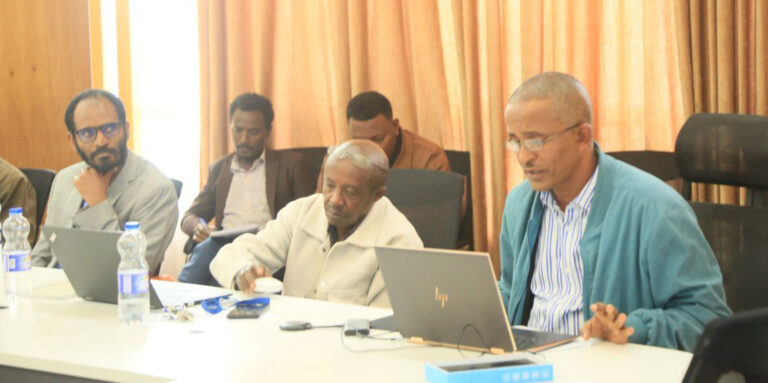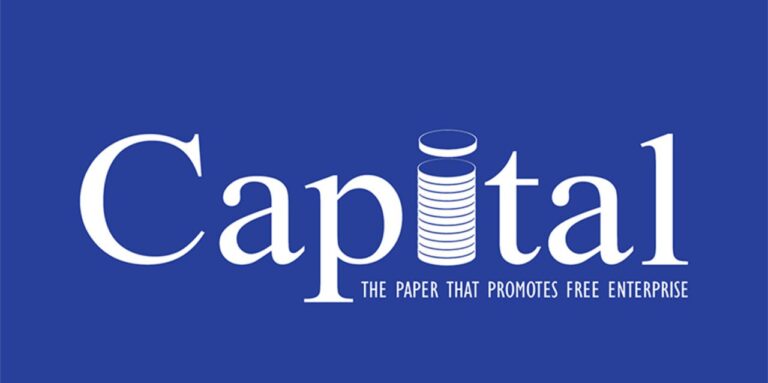– Residence –
This notice is intended to inform property market participants as well as any other interested economic operators about the property needs of the Delegation of the European Union to Ethiopia (the ‘Delegation’) in Addis Ababa, ETHIOPIA, and to collect information on properties within a defined perimeter.
The Delegation is looking for a property located in Addis Ababa to serve as official Residence for the Ambassador of Delegation of European Union to Ethiopia. The preferred main characteristics of the property are specified below:
Location – In diplomatic residence areas of Addis Ababa, preferably in Bole/Kirkos/Arada/Lideta/Yeka/Nifas Silk Lafto Sub-cities, in neighbourhoods of, Bole Medhanialem,,Atlas,Urael,Wollo Sefer, Bisrategebriel, Old Airport Area, Megenagna
Size – interior usable surface of max. 600m² (excluding exterior surfaces (balconies, terraces, etc.), underground areas without natural light, technical rooms, guard houses and garages)
Providing areas for:representational activities (for at least 22 guests for seated dinner events and 80 guests for standing events) andprivate use (minimum 4 bedrooms (ideally 5), ideally with family room and access to kitchen)
There should be a clear separation between the representation and the private area of the residence
If the building is detached with its own garden, ideally with a number of easily accessible parking places for vehicles at the entrance.
The following features are optional but nonetheless desirable for the private area:a room that can be used as an office (alternatively, this may be in the reception area);a small kitchenan area for domestic staff and a laundry areastorage areas
Available for occupation by 15 January 2026.
We accept candidatures for lease. The Lease contract should be for a minimum period of 4 years, renewable for the same period. Information about the property (address, floorplans, and pictures) should be sent to the following e-mail address: DELEGATION-ETHIOPIA-PPN@eeas.europa.eu
Should you have problems with attaching photos, these can be hand delivered (in person or by any party representing the economic operator, or by courier) to the following address:Delegation of the European Union to Ethiopia, Cape Verde Road, Bole Sub-city, Kebele 03, P.O. Box 5570 – Addis Ababa – EthiopiaTo the attention of: The Head of Administration Subject: Property Prospecting Notice-ResidenceOffice hours: 8:00AM – 5:15PM, Monday to Friday (except national holidays)
Deadline for submission of candidatures: 04 August 2025 at 5:15PM local time in ETHIOPIA, Addis Ababa If, on the basis of the information collected, the Delegation considers that all or part of the properties offered can effectively meet its needs, it will launch a negotiated procedure in accordance with Article 167(1)(d) of Regulation (EU, Euratom) 2024/2509 of the European Parliament and of the Council of 23 September 2024 on the financial rules applicable to the general budget of the Union (the ‘Financial Regulation’) and Point 11(1)(g) of Annex I to the Financial Regulation. This publication does not constitute, nor should it be construed as, a commitment on the part of the EEAS in its procurement procedures.





